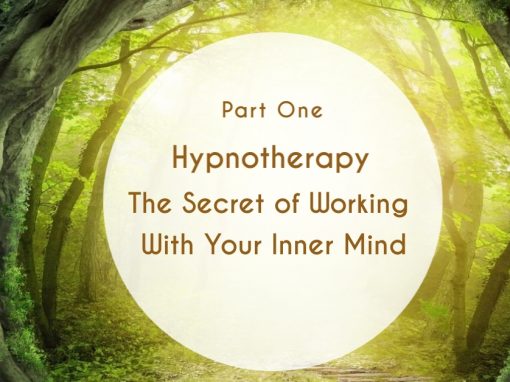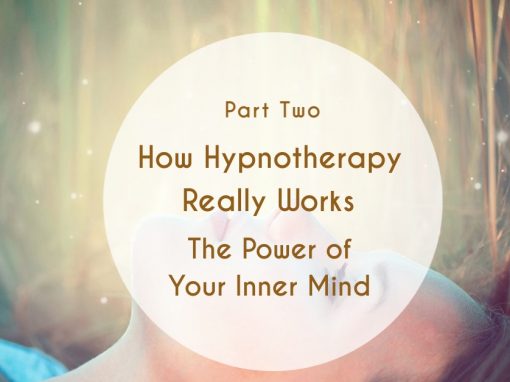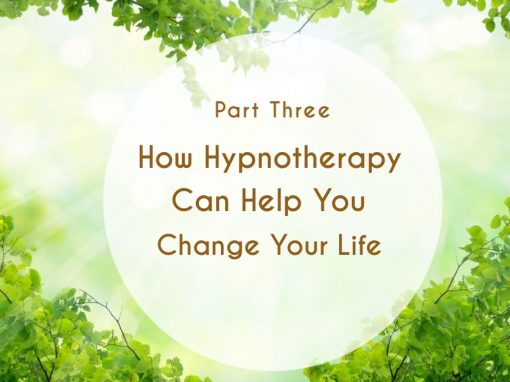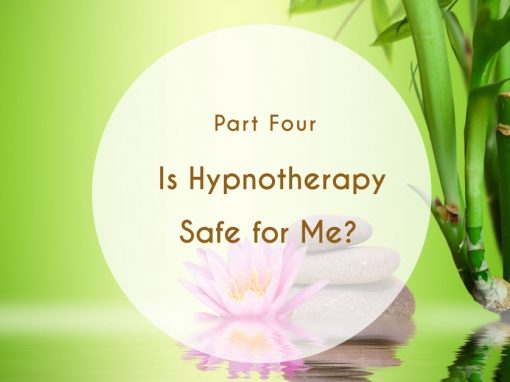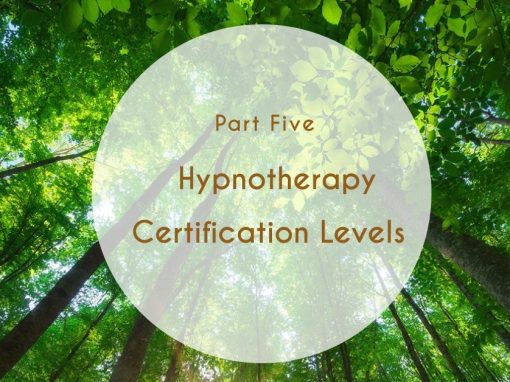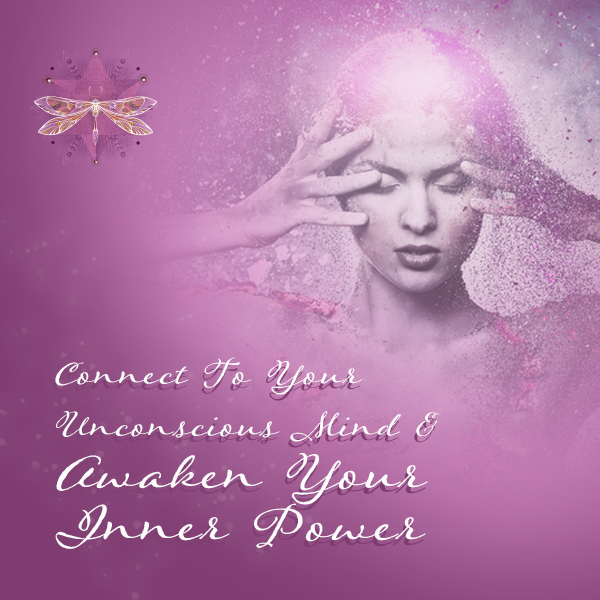
How Hypnosis is Like Meditation in Your Brain

Are You Meditation Challenged? What if you could find another tool to help you achieve some of the same benefits of meditation?
Do you struggle with quieting your mind? Meditation is a popular topic among many conversations today. People all over the world are experiencing an awakening to a deeper sense of awareness.
Mindfulness has become a trend and is considered a billion-dollar industry by Forbes. In this article, I will explain some very likely reasons why you might be having difficulty meditating, and more importantly, I will offer some wonderful alternatives that create the same results of mindfulness.
One aspect of mindfulness that can easily be overlooked is to realize that the meditation process isn’t just about quieting your mind. Science clearly has documented the body mind connection. Realize when you quiet the conscious mind, you actually open the body (the unconscious mind).
Research indicates that the body keeps the recorded data of our experiences. The unconscious mind is considered to be the emotional mind and stores the data in the body. Therefore if we store data in the body, what happens to negative experiences, memories and traumas experienced in life?
According to Clinical psychiatrist, Bessel Van der Kolk in his book “The Body Keeps the Score” he details how the embodiment of these experiences can interfere with the practices of mindfulness.
In Yogic philosophy this opening is referred to as “opening the heart”. Having studied meditation in Transpersonal Hypnotherapy Training as well as in 200-hours of yoga teacher training, I believe that perhaps it is this opening of the heart that maybe a root cause of some of the difficulties of quieting the mind in meditation.
What if one could heal the matters held within the body, could they find the process of mindfulness and meditation more effortless?
I also teach clients that comparing oneself to a person who grew up meditating, surrounded by a culture of "mindfulness" is a very unequal equation.
There is research beginning to emerge indicating that both hypnosis and meditation effect similar parts of the brain. That can only be true if one can achieve the comparative level of meditation that they can achieve in hypnosis. You might be surprised to learn that hypnosis was the first form of Western psychology.
So why does hypnosis have such a bad rap. Some easy reasons may be
- Freud rejected hypnosis and basically advised the medical community against it
- Stage Hypnosis (which is literally for entertainment)
- Most people don't do their own research to decide for themselves
Hypnosis in and of itself is safe and assists in producing a natural, altered state. It creates a communication between the conscious and unconscious mind. When hypnosis is used in a hypnotherapy setting in collaboration with other natural, alternative techniques, it results in some of the most powerful, organic change tools to work with harmonizing the body, mind and spirit.
Effective hypnosis teaches you how to access the incredible power of your unconscious mind. The unconscious mind is quite fascinating and extremely powerful. Hypnosis and hypnotherapy in a nutshell, teaches you how to become conscious of the unconscious, which in and of itself is a practice of mindfulness.
Naysayers may chime that hypnosis requires a guided process, but I think it is fair to say that most of the meditation people use today are guided meditations. One key difference between guided meditations and guided hypnosis, is that a well-trained hypnotherapist is aware of using language the brain can best utilize for change.
While meditation has the potential to add to mindfulness, decrease anxiety, improve health and overall wellness, the time it may take to achieve these results in mastering meditation could be very considerable. Unfortunately, unsuccessful attempts at meditation has the potential to increase the voice of the inner critic creating negative self-talk, possibly promoting a false idea that the meditator is the problem.
To learn more about how hypnotherapy and mindfulness coaching can help you make permanent life changes and improve your quality of life, schedule a complimentary session with Christine Marie.
How Can Hypnotherapy Help You?
